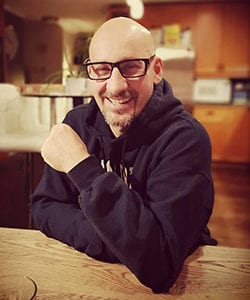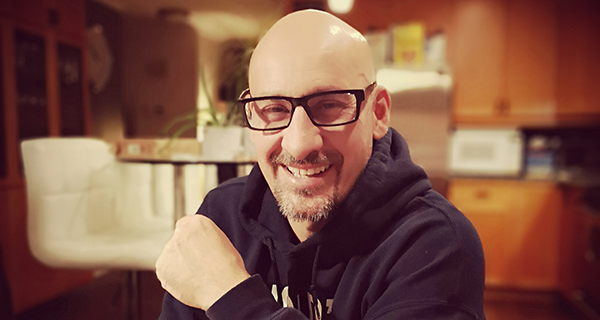Kelly Zwarych is CEO and co-founder of AeroLab Tech.

Kelly Zwarych
What is AeroLab Technology and what do you do?
Zwarych: As a one liner, AeroLab makes market-defining technology in advanced aerodynamics. Drilling down further, our technology measures aerodynamic drag in real time in real world applications.
This is really amazing because aerodynamic drag measuring has always needed to happen in a wind tunnel and the end product is assumed will work the same in the real world and often is not the case. So AeroLab has really created a disruptive technology for better use of energy related to aero drag.
If you sit back you will realize aerodynamics is a huge part of our day to day. Everything from cars and planes to builds and cityscapes and yes, sports.
What motivates the AeroLab team is the opportunities to use our technology to increasing performance, safety and stability while reducing fuel consumption. This vision really applies to everything from wind turbines, automotive, aviation, sport and large truck transport being one of the biggest opportunities to reduce excessive fuel consumption.
We are driven to help pivot industries to reduced carbon emissions without too much effort with our technology.
When and how was it founded?
Zwarych: The core company, KAZAK Group, was founded around the idea of creating high performance cycling products for Canadians from the weekend rider all the way up to Olympians, which we achieved at the Rio Olympics.
Aerodynamics is important in the design process for increased speed, stability and performance.
During the growth in cycling we slowly pivoted to leverage our strong technical engineering skill in aerodynamic sensors to where we are today.
Tell me about your recent recognition by NASA and what that will mean for the company?
Zwarych: Wow, it really was a great surprise to be recognized by NASA’s iTech groups as a top 25 startup disruptive companies. For a Calgary-based company landing on the list with companies globally was amazing, to top it off we were the only Canadian company to make the list.
NASA recognized how AeroLab’s technology can influence and increase energy saving and safety in aviation, automotive, wind turbines, autonomous transport.
I think this is a great time for Alberta to celebrate and recognize that it has people right here who can influence the global technology markets. We are proud to be a homegrown Alberta technology company that doesn’t need to go to Silicon Valley, eh!
What are your growth plans for the company?
Zwarych: We are still a startup company so investment capital is really important for our growth success. But we have the right team, IP, technology and advisers to make sure we are not easily lost.
Sport is our easy profitability entry point and has been a catalyst for other industries interest in AeroLab: the military UAV relationship, autonomous truck transport. We are working on a test project to incorporate our sensors into long-range military coastal surveillance drones. Plus, we have had early discussions with companies focused on autonomous large truck transportation.
As these markets open up, we are targeting to employ several hundred engineers and support in the next 24 to 36 months.
Do you think Alberta is more supportive for the technology sector than it was maybe five years ago?
Zwarych: In my view this is a complex question.
Support from the government on making sure companies like AeroLab to commercialize is a strong ‘Yes’ from me. There are great programs from the Alberta government, Western Canada and federally to make sure tech gets traction and flourishes in Canada while protecting IP and growth for Canadians to new technology.
Money from private investment is more difficult. Alberta needs solid job growth in the skilled and technical sector to really get the province moving. What I’m seeing from investors is a quick exit selloff so they can see their investment turn … in two or three years. This creates a problem: that right return sell off doesn’t create good employment and growth prosperity for Alberta. These sales almost always happen to a U.S.-based company purchasing the startup and moving it stateside.
So there’s a real different dynamic between what Alberta needs for sustainability and what investors want from the investment when looking for a short exit. So you can see where there is a lot of yes and no in your question.
The views, opinions and positions expressed by columnists and contributors are the author’s alone. They do not inherently or expressly reflect the views, opinions and/or positions of our publication.


